In this lecture, Professor Yinni Peng from Hong Kong Baptist University shared her research on intergenerational childcare collaborations in urban Chinese families, with a particular focus on how the singleton status of parents shapes such arrangements. Against the backdrop of China’s universal two-child policy (2016) and three-child policy (2021), the study responds to the growing childcare burdens of urban families and the shifting configurations of extended kinship support.
Drawing on qualitative data collected through in-depth interviews with 39 heterosexual married couples in Shenzhen, Xiamen, and Tai’an between 2019 and 2022, Professor Peng investigates how parents negotiate with grandparents in arranging childcare for two children. Her study extends existing literature by incorporating not only parent–grandparent dynamics but also the sibling status of the parents, thereby situating childcare as a relational and negotiated process within complex family networks.
The findings reveal significant differences across three types of families: singleton-couple families, non-singleton-couple families, and mixed-couple families. Singleton-couple families—where both spouses are only children—often enjoyed stronger entitlement to grandparental childcare support, due to the absence of sibling competition. These families displayed various modes of collaboration, including rotation models, one-on-one models, and flexible reliance on both maternal and paternal grandparents. However, even in these families, childcare arrangements remained dynamic and subject to ongoing negotiations, boundaries, and compromises.
In contrast, non-singleton-couple families faced more constrained access to intergenerational support. Many had to share grandparental care with siblings or confront intra-family conflicts. The study highlights how grandparents sometimes strategically leveraged sibling competition to decline or moderate childcare commitments. These parents often turned to domestic helpers, full-time mothering, or alternative kinship support as coping mechanisms.
The third family type, referred to as mixed-couple families, includes cases where only one spouse is a singleton. These families exhibited childcare arrangements that fell between the patterns observed in singleton and non-singleton families. Grandparental support in such cases tended to come from the singleton spouse’s side, yet the extent and consistency of this support were influenced by factors such as the grandparents’ health, willingness, and availability.
Theoretically, Professor Peng’s research contributes to our understanding of intergenerational care as a dynamic, negotiated, and contested process shaped by the structural legacy of patrilineality and evolving equity norms. By embedding childcare arrangements within broader kinship structures, the study moves beyond dyadic analyses and reveals the importance of adult siblings in the distribution of family resources and caregiving responsibilities. It also resonates with the concept of “descending familism,” where familial resources increasingly flow toward the third generation, albeit in unequal and gendered ways.
Overall, the lecture offers timely insights into how shifting family structures, gender norms, and policy contexts co-produce diverse patterns of childcare in post-reform urban China. It sheds light on the often invisible negotiations that underpin the everyday practices of intensive parenting and kinship labor in the era of state-promoted fertility.
Written by: BI, Yidan
While previous studies have extensively examined intergenerational collaboration in raising one child in urban Chinese families, there is limited research on childcare arrangements for two children. Most existing literature focuses on parent-grandparent dyads and individual characteristics in shaping childcare arrangements, overlooking the impacts of adult siblings and extended family dynamics. Dr. Peng Yinni’s (2025) research addresses this gap by investigating how urban Chinese parents negotiate childcare arrangements with grandparents for two children, particularly examining how parents’ sibling status affects intergenerational collaboration in childcare.
The study employed qualitative methodology, conducting 66 interviews between 2019 and 2022 across three Chinese cities: Shenzhen, Xiamen, and Tai’an. Informants were married, heterosexual parents with dependent children, selected through purposeful and snowball sampling. The research identified three types of families based on parents’ sibling status: singleton couples (both partners are only children), non-singleton couples (both partners have siblings), and mixed couples (one partner is an only child).
The study reveals that sibling status significantly influences the availability of and entitlement to grandparental childcare resources. Singleton couples generally enjoyed more abundant childcare support from both maternal and paternal grandparents, with most implementing either rotation models or one-on-one arrangements. These families demonstrated greater flexibility in childcare arrangements and stronger bargaining power in intergenerational negotiations. In contrast, non-singleton couples faced more challenges in securing grandparental support due to competition from siblings. These families often had to navigate traditional patrilineal norms and equity norms in resource distribution. When faced with limited grandparental support, they adopted various coping strategies, including seeking help from maternal grandparents, hiring domestic helpers, or opting for full-time mothering.
Mixed-couple families occupied a middle ground, typically receiving support from grandparents on the singleton spouse’s side. Their childcare arrangements were characterized by ongoing negotiations and were heavily influenced by grandparents’ health and willingness to participate. The study reveals that traditional patrilineal norms are showing signs of transformation, particularly among singleton couples who demonstrate more bilateral patterns in grandparental support. Intergenerational collaboration in childcare is not static but requires constant negotiation and adjustment based on various factors, including children’s developmental stages, grandparents’ health, and family dynamics. Cultural norms of patrilineality and equity continue to influence childcare arrangements but function more as flexible guidelines rather than rigid rules, while the management of childcare disagreements often involves drawing intergenerational boundaries and maintaining family harmony through strategic communication.
The research provides timely insights into how China’s changing population policies and social context are reshaping family dynamics and childcare arrangements. The findings suggest that culturally-based intergenerational obligations are being reconfigured through daily interactions and negotiations among multiple family members, reflecting the evolving nature of Chinese family relationships and resource distribution norms. This study contributes significantly to understanding how sibling status mediates intergenerational relationships and childcare arrangements in contemporary urban Chinese families, moving beyond the traditional focus on parent-grandparent dyads to consider the broader network of extended family relationships.
Written by: LIN, Zhensheng
本次講座分享是由來自香港浸會大學社會學系彭銦旎副教授聚焦中國 “全面二孩” 及 “三孩” 政策下城市家庭代際協作育兒模式動態過程研究展開。2019 至 2022 年間,她深度訪談深圳、廈門和泰安三地 43 個家庭,探究父母 “獨生身份” 對二孩照護中協商、資源配置與家庭關係的影響,以及性別與代際義務互動。基於中國家庭的代際協作育兒傳統,當前呈現出傳統父系制度弱化、母系參與上升呈 “雙邊化” 趨勢。除此之外,彭教授強調當前大多數研究側重于探討父母與祖父母的個體特徵對育兒安排的關聯性,但鮮有研究關注成年兄弟姐妹及擴展家庭動態對代際育兒協作的影響。彭教授就此提出核心問題:城市父母如何與祖輩協商二孩照護?父母兄弟姐妹結構有何作用?並將家庭分為獨生子女夫妻、非獨生子女夫妻、混合夫妻三類。
研究發現,獨生子女夫妻因無兄弟姐妹競爭,易獲雙方祖輩支持,形成輪換、一對一、主輔結合等靈活協作模式。但是,需要協調雙邊祖輩生活習慣與育兒觀念,通常情況下需要劃定代際邊界或妥協維持和諧。非獨生子女夫妻面臨祖輩資源配置競爭,通常遵循父系原則與公平原則,年輕夫妻或依賴單方祖輩、雇家政、靠全職母親育兒,祖輩也會以 “公平” 為由拒絕請求甚至利用子女競爭談判。混合夫妻傾向依賴獨生子女一方祖輩,母系祖輩常因教育、經濟優勢承擔更多責任,協作強度居中且需持續協商。在性別化實踐方面,育兒責任高度性別化,母親主導協商,父親常置身事外;祖母承擔隱形繁重體力勞動,祖父多提供經濟或象徵性參與;母系祖輩隨女性地位提升作用增強。
彭教授總結代際育兒協作是動態協商過程,受多種因素塑造。她呼籲政府正視社會成本,當前生育政策缺公共托育支持,壓力轉嫁祖輩尤其是女性。應建立普惠育兒服務體系,減輕代際負擔,促進性別平等與社會可持續發展。該研究深化對中國家庭代際關係理解,為全球化老齡化社會育兒政策提供重要參考。
Written by: LIU, Zineng
香港浸會大學社會學系彭茵妮副教授主講的學術講座聚焦於中國城市家庭中父母獨生子女身份與二孩育兒代際合作的研究。彭茵妮副教授首先梳理了中國人口政策的演變歷程,從2016年全面二孩政策的實施到2021年三孩政策的推出,為後續研究展開提供了宏觀背景。她指出,中國家庭在育兒方面有著深厚的歷史根基,代際合作育兒傳統由來已久,但隨著時代發展,這一傳統模式正經歷諸多變革,如傳統父系規範的弱化、女性社會經濟地位的顯著提升、母系交流日漸頻繁以及代際聯繫呈現出雙向發展態勢等,這些變化為當前家庭育兒模式的研究提供了全新的視角和切入點。
在研究問題的設定上,彭副教授精准聚焦於兩個核心問題:一是城市中國父母如何與祖父母協商二孩的育兒安排;二是夫妻的成年兄弟姐妹身份如何影響他們在育兒方面的代際協商與合作,並創新性地將家庭分為獨生子女夫婦、非獨生子女夫婦和混合夫婦三種類型進行深入剖析。
研究發現,獨生子女夫婦在育兒代際合作中展現出顯著優勢,他們基於自身家庭結構特點,更理直氣壯地尋求祖父母的育兒支持,且形成了包括輪換模式、一對一模式等多種靈活的合作模式以適應育兒需求。相對而言,非獨生子女夫婦在爭取育兒資源時面臨兄弟姐妹間的競爭,祖父母有時會利用這種競爭態勢作為 “合法藉口” 來與子女討價還價甚至拒絕育兒請求,致使這類夫婦不得不採用諸如尋求另一方祖父母幫助、聘請 domestic helpers、借助其他家庭成員力量、選擇全職母親模式或共同育兒模式等多種應對策略來化解育兒困境。而混合夫婦家庭的育兒支持程度則處於獨生與非獨生夫婦之間,遵循 “祖父母可用性” 原則,其代際合作育兒過程同樣需要持續不斷地協商,且受祖父母健康狀況及提供育兒支援意願的雙重制約。
此次講座引發了我對家庭結構變遷與育兒模式轉型的深入思考。彭茵妮副教授的研究深刻揭示了中國城市家庭在育兒代際合作中的複雜性與多樣性,獨生子女身份確實在很大程度上影響著家庭育兒資源的獲取與分配,例如獨生子女家庭由於缺乏兄弟姐妹競爭,更易於取得祖父母的育兒支持,而非獨生子女家庭則需要在複雜的家庭關係網絡中不斷博弈與協調,以獲取有限的育兒資源。況且當前社會對育兒家庭的支持體系尚存在諸多不足。托育服務市場以及政府政策都仍需改善發展以充分滿足廣大家庭尤其是非獨生子女家庭的育兒需求。
Written by: XU, Leyi


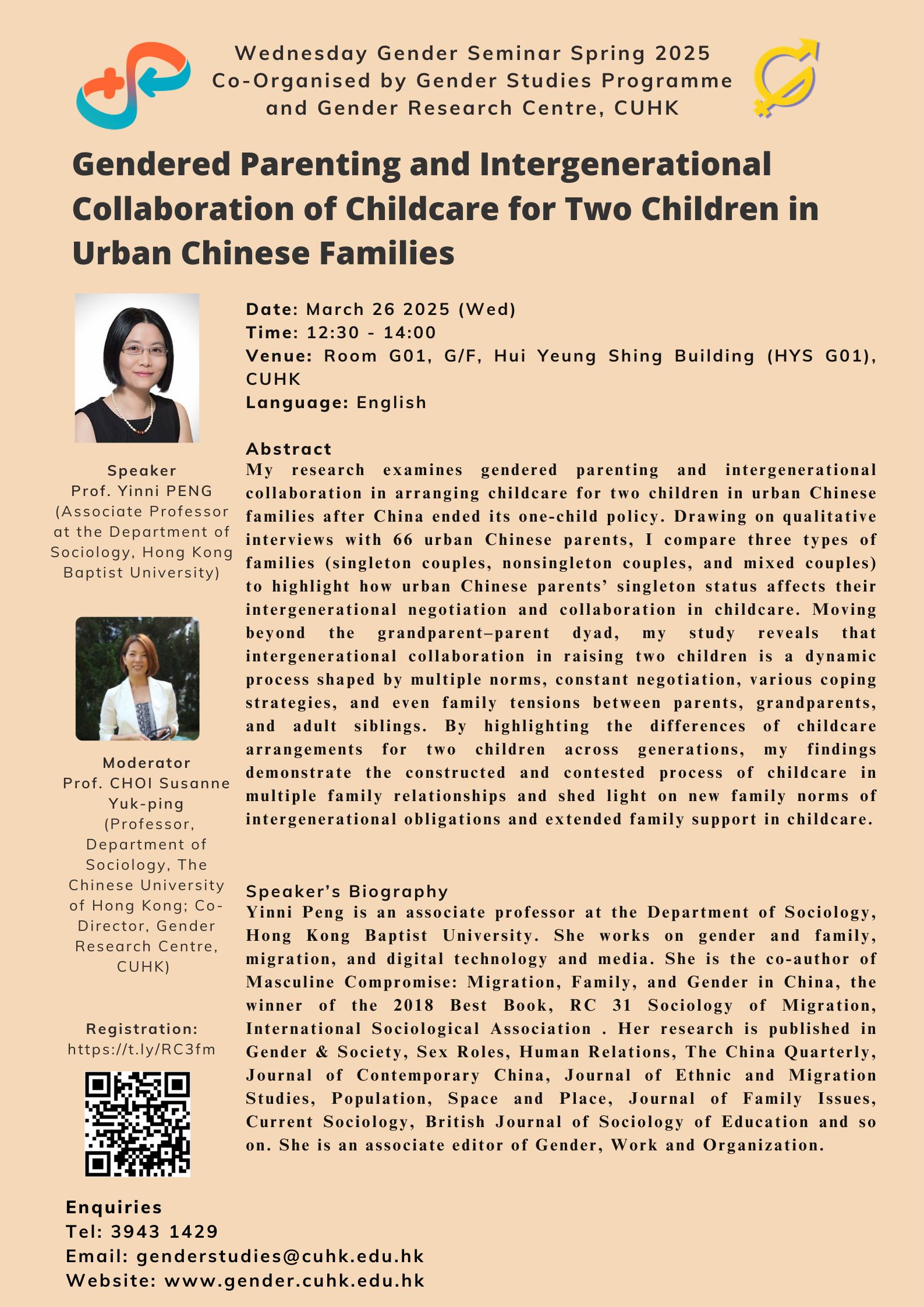
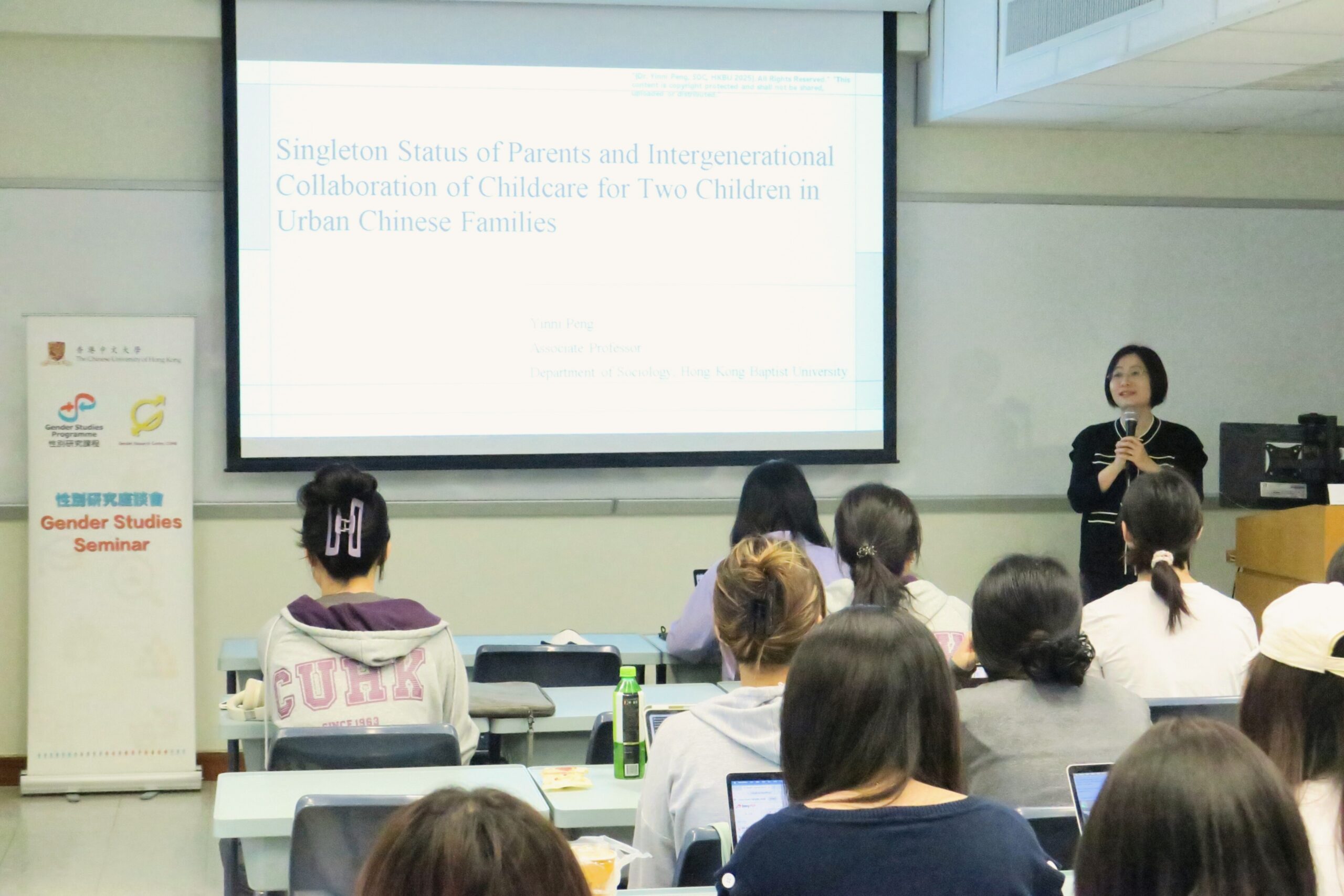
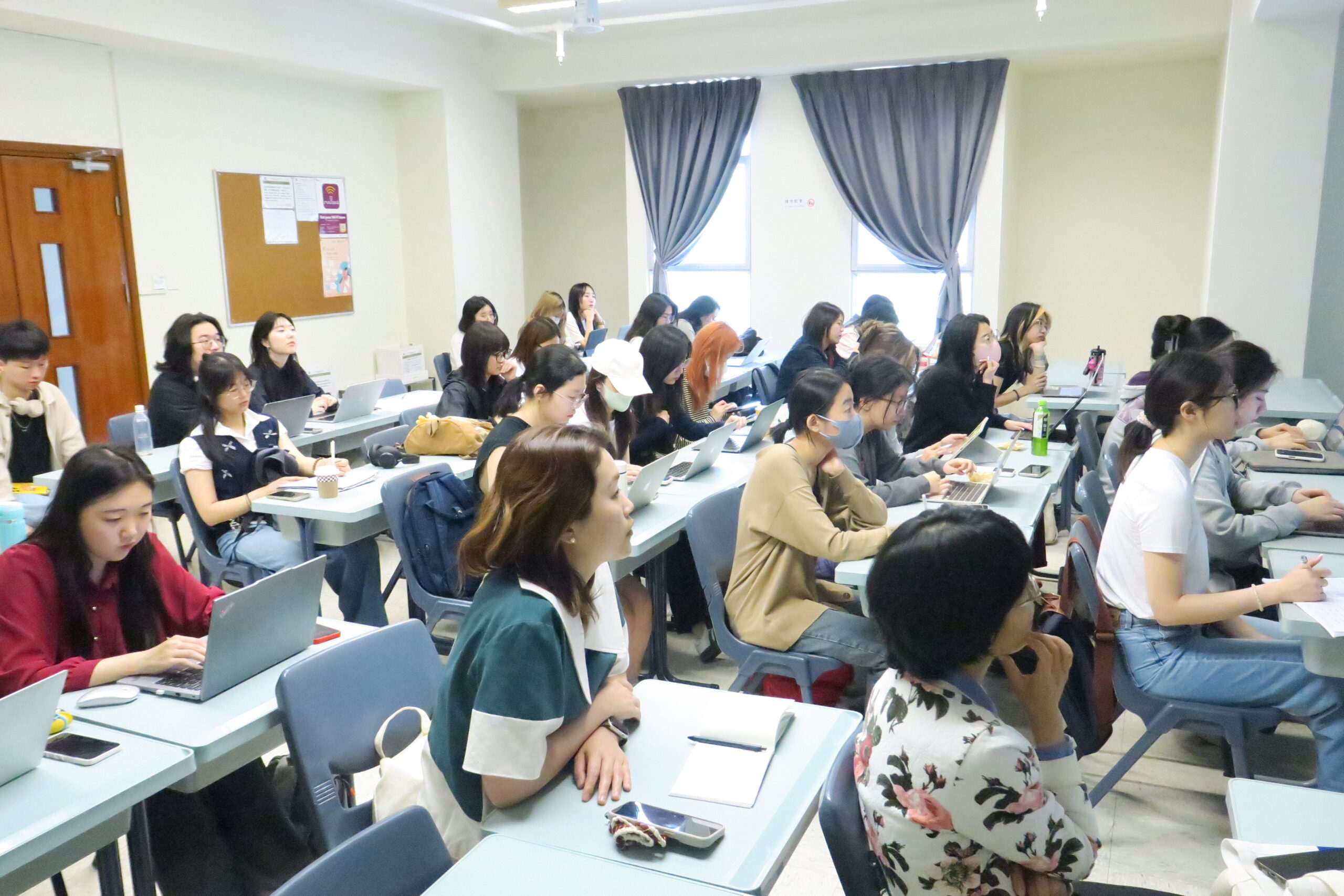
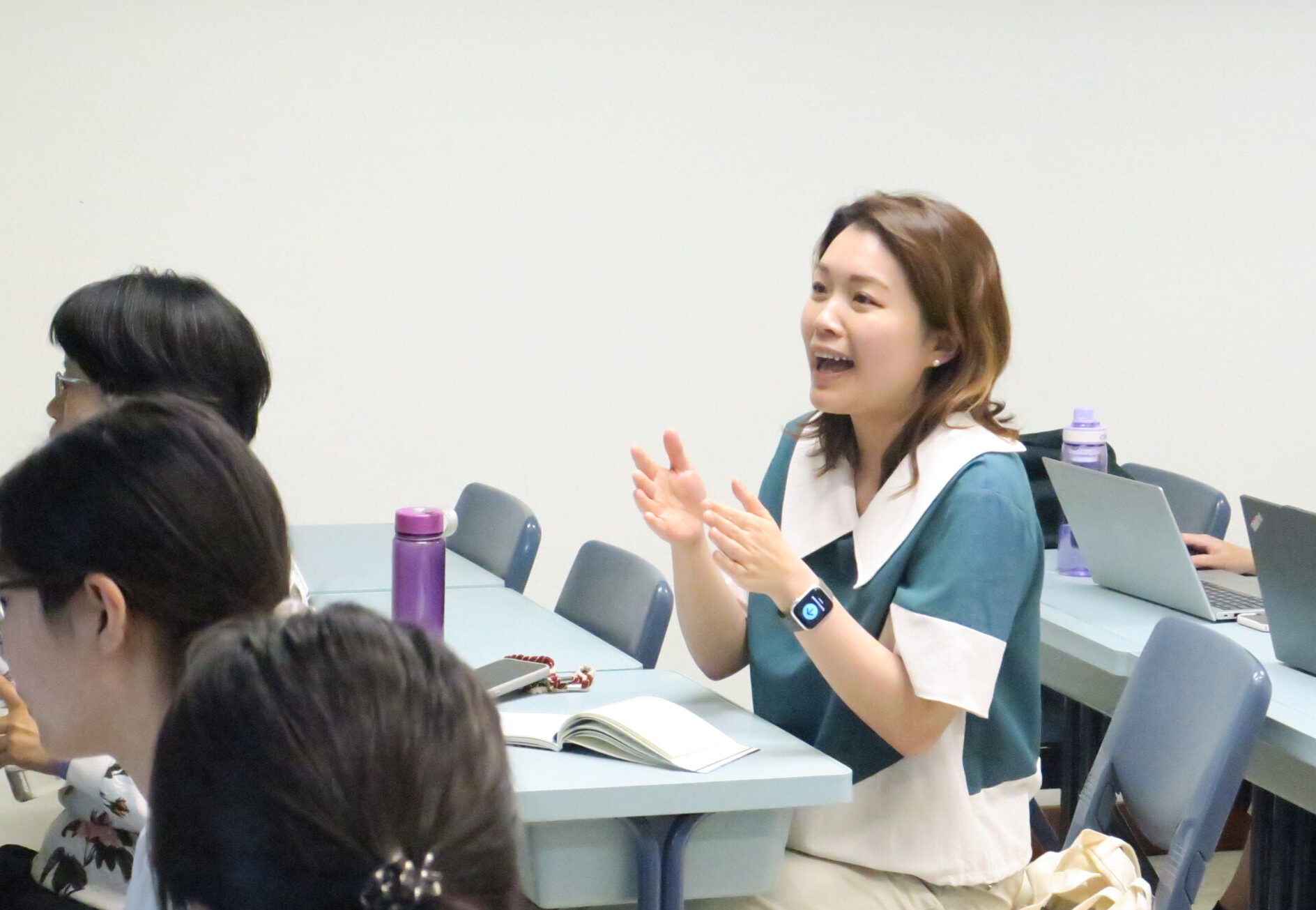
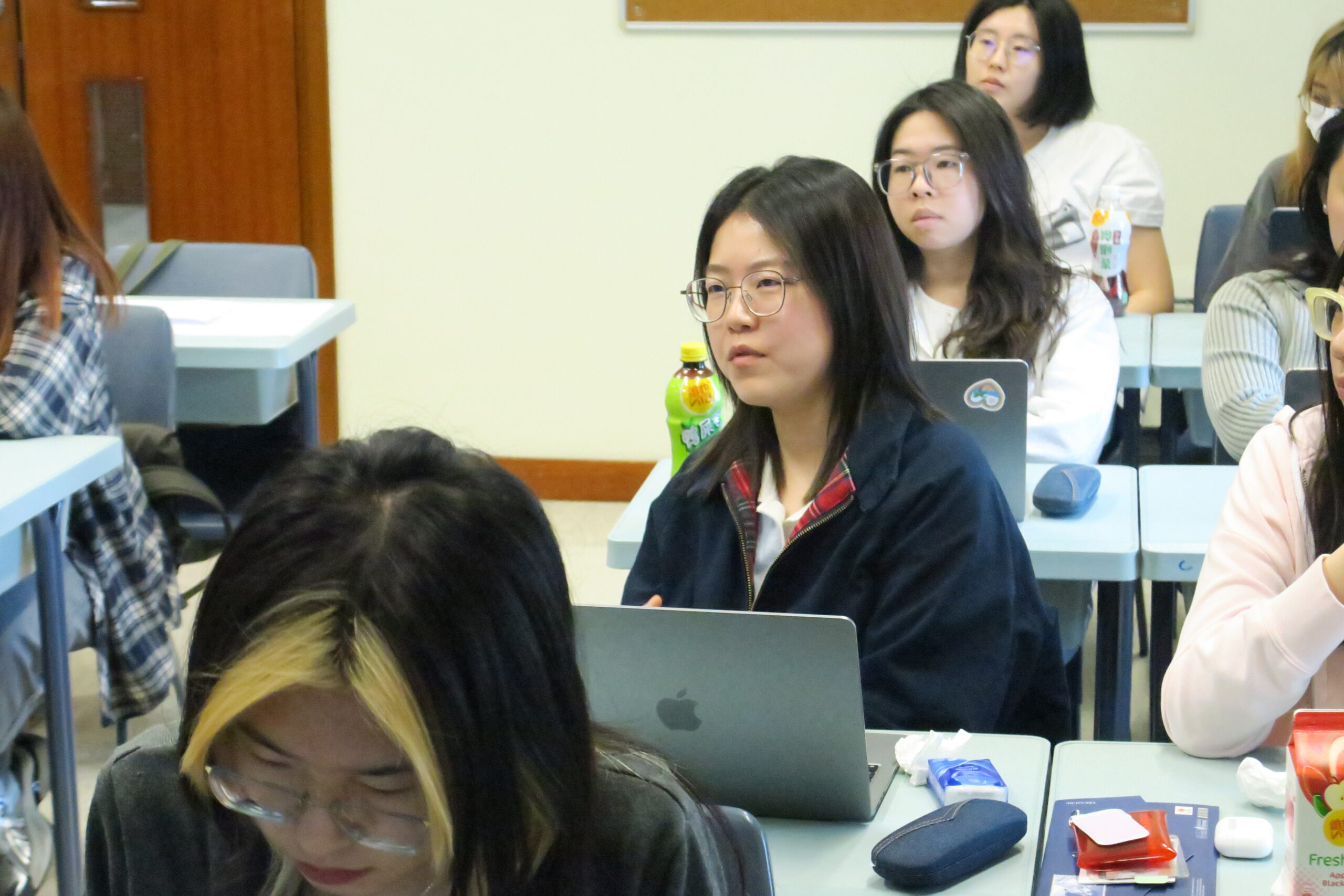
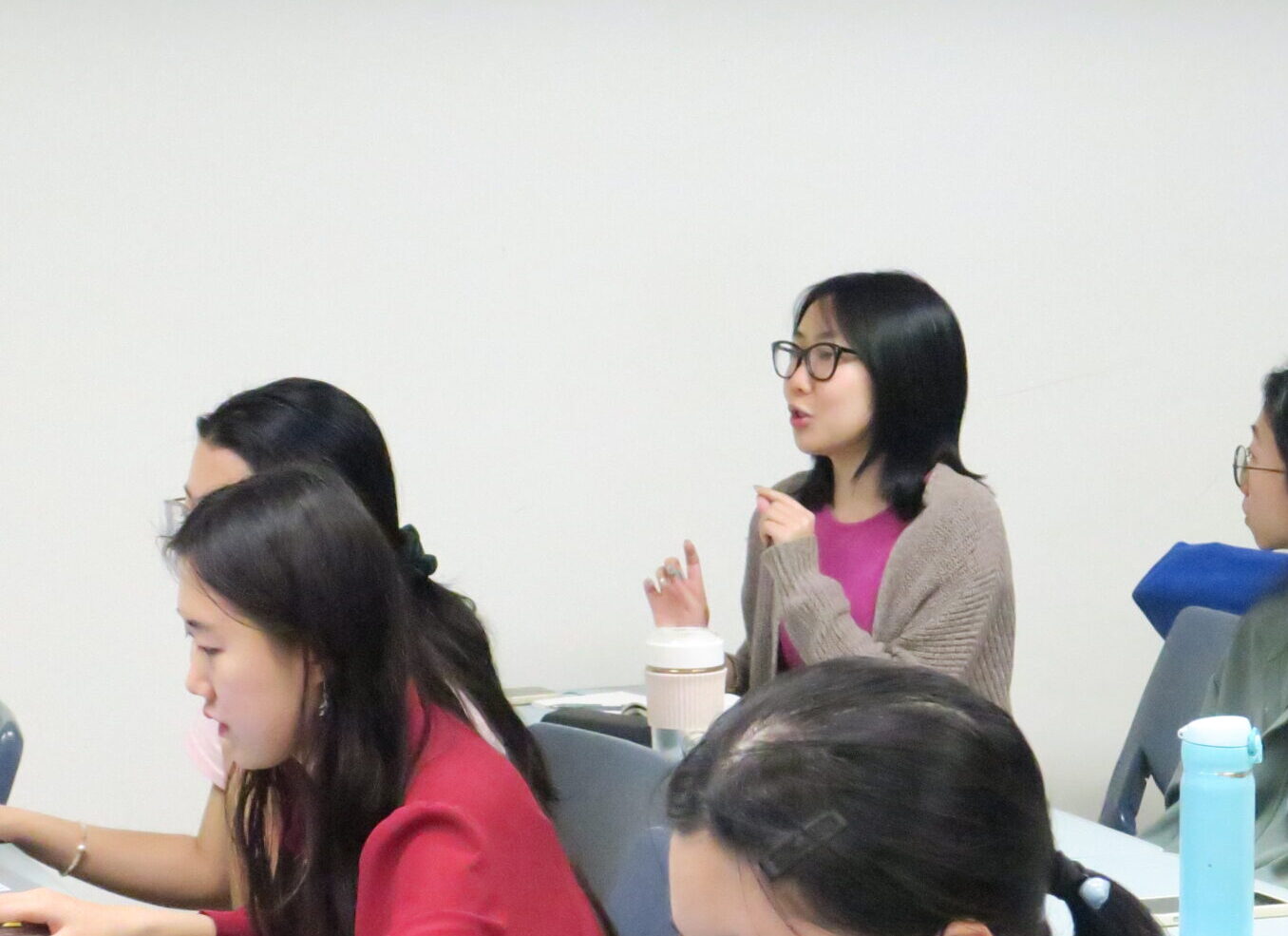
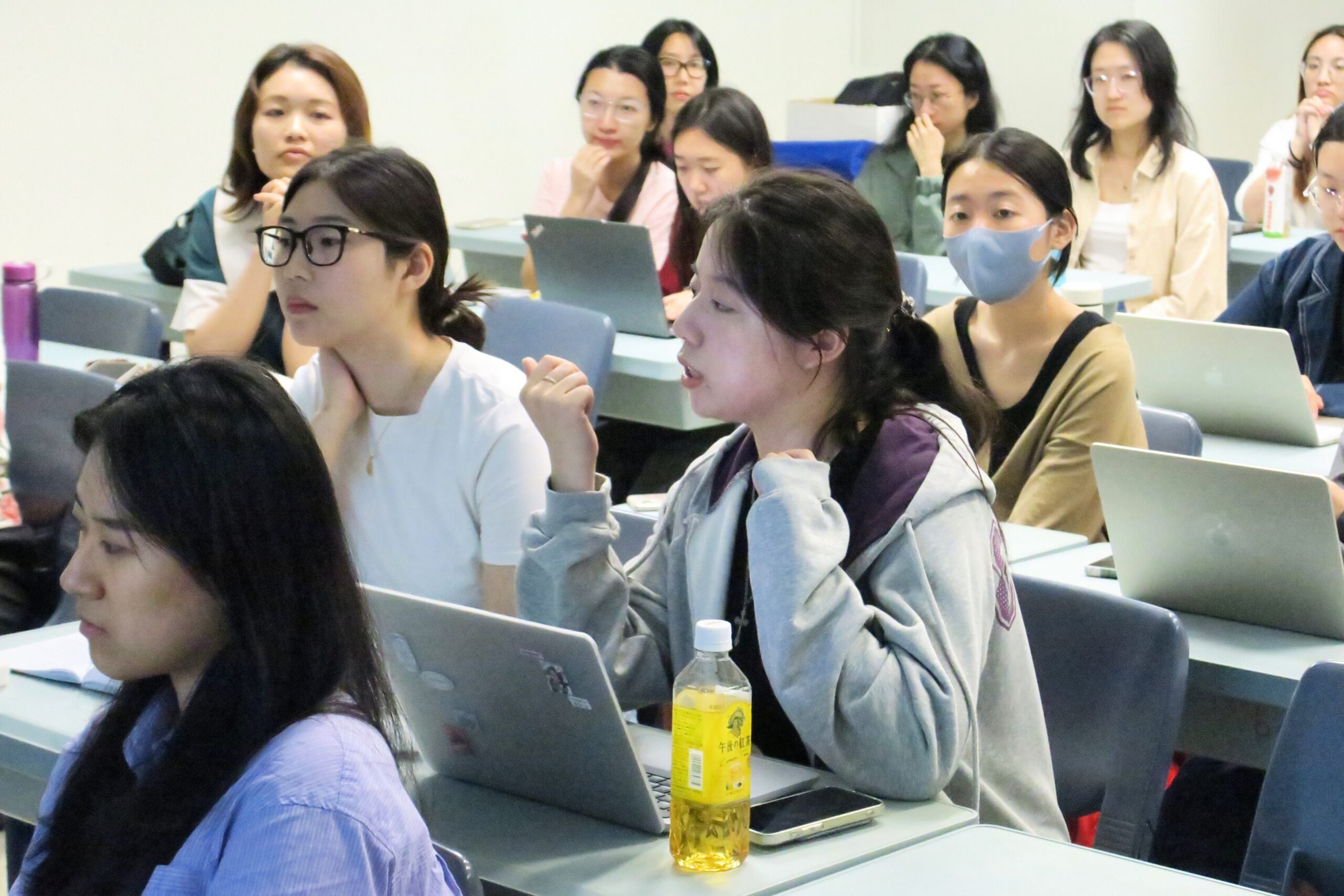
A
A
A
聯絡我們